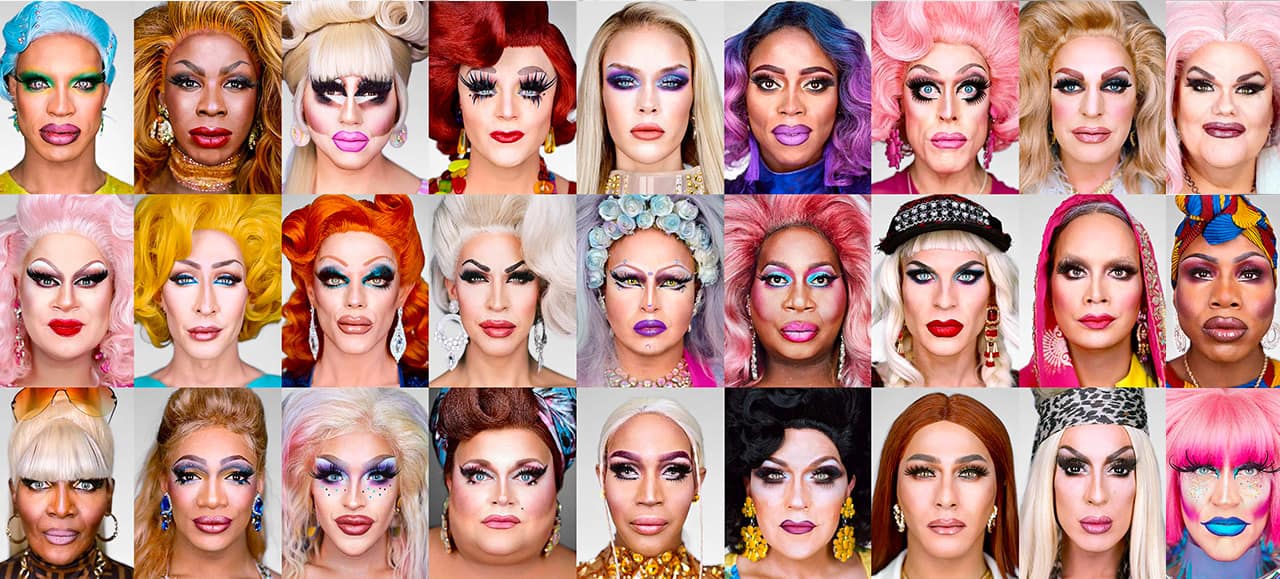How to make your voice sounds more feminine or masculine?
It is not easy to deal with criticism or negative comments about your voice, especially when it concerns your gender identity. Often this happens at a young age, and as people grow older they think their voice can no longer possibly change. It is always important to remember that your voice is a deeply personal aspect of your identity. We all have the right to express ourselves in a way that is authentic and true to how we feel deep inside, even without having to undergo surgery or hormonal interventions.
Exercises and tips to make your voice more feminine or masculine
If someone points out to you that your voice is not feminine or masculine enough, and this causes you to suffer, the Inborn Voice method can definitely help you since the foundation on which everything is built upon are really deep emotions. Here are some strategies:
- Exercise with exercises that specialize in feminizing or masculinizing the voice. Each person has different underlying causes that can affect the masculine or feminine vocal sound. Once you learn the basics of the Inborn Voice method and get in touch with the deep emotions of your identity, it will be easier to understand and listen to your voice to work on your vocal technique, pitch, resonance, intonation, and articulation, as well as become more aware of good vocal hygiene habits as well.
- Take ownership of one’s vocality through first-hand experience. Performing vocal exercises regularly can help improve voice quality and clarity, as well as develop better support and breath control, but the Inborn Voice method prefers the aspect of vocal awareness, that is, listening. These are mostly “silent” or “silent” exercises focusing on intonation and resonance.
- Record and listen to your voice. Recording yourself speaking or reading aloud can provide valuable feedback about your voice and help you identify areas where you personally feel you need to improve. It is critical to understand this subjectivity, as if you lose touch with your deepest emotions, you risk going to the opposite extreme, making your voice sound almost ridiculous. Moreover, recordings can also help you track your progress over time.
- Patience and perseverance are needed. Your current voice is the result of decades of evolution, so avoid anyone who promises results in a few hours like the plague. Achieving a more feminine or masculine voice takes time and dedication. It is also important to remember that each person’s voice is unique and there is no such thing as a “right” or a “wrong” voice.
Ultimately, it is up to you to decide how you want to express yourself vocally, and it is important to prioritize your comfort and sense of authenticity over heeding outside criticism, which in fact is likely to come from people who themselves have issues related to their vocal identity. If negative comments about your voice are affecting your well-being, the Inborn Voice method will also teach you to stand strong by your positive emotions, not just the negative ones you have lived with so far.
Transgender transition and vocal identity
Those who are making the decision to undergo sexual gender transition may experience vocal problems when trying to align the sound of their voice with their new gender identity. This is because voice is often a key element in the expression of one’s identity, which also contributes its value in first impressions, and thus can be a significant source of identity crisis.

Some of the most common voice problems experienced by all transgenders include:
- Intonation: people who are transitioning to female may have a pitch that is too low to sound feminine, while those who are transitioning to male may have a pitch that is too high to sound masculine.
- Resonance: resonance refers to the way sound waves resonate within the body and its cavities. Although the outward appearance of the body may change, the size of the internal resonance cavities remains the same, which can lead to resonance that does not match their gender identity.
- Articulation: difficulties with articulation refer to the clarity with which words are pronounced. Often you are taught exercises that lead to limit vocal articulation in return for a “changed” pitch of voice. Here at Inborn Voice, we will not teach you anything contrived, but we will first and foremost make you express your identity without compromise or artifice.
- Vocal fatigue: speaking with a different vocality than you are used to leads to vocal fatigue or vocal strain. This, in the long run, can even lead to vocal cord damage, making the voice even less “feminine” or “beautiful.”
- Systemic overload: if one undergoes surgery or hormone therapy, there is an imbalance of all vital systems so that all vocal nuances are temporarily out of balance. Without proper training, there is a risk of turning these alterations permanent because the ear gets used to unnatural sounds and tries to replicate them, greatly reducing expressive possibilities.
In order to avoid or solve these vocal problems, it is essential to contact a Voice Coach who has at least direct and specific experience. Each person’s journey is unique because it is up to them alone to decide what steps to take to realign their voice with their identity with lessons aimed at transgender vocality using the Inborn Voice method capable of prioritizing the emotional aspect.
Hormone therapies’ influence on voice and the phonatory apparatus
Certainly, hormone therapy can have an impact on the feminization of the voice of those undergoing male-to-female transition (MTF) or female-to-male masculinization of the voice (FTM).
Specifically, estrogen therapy causes changes in the larynx and vocal cords causing them to become thinner and less dense, which increases their vibratory rate and leads to a higher pitch. This is something to keep well in mind because one is exposed to weaker vocal cords to what one is used to, and in the event that there is ever a time when a male emotion might get strong, the vocal cords may not hold up to the impetuosity they will be subjected to.
Instead, testosterone therapy leads to a thickening of the vocal cords, making the vocal pitch lower and deeper. In this case there is no risk of damaging the vocal cords, but there will certainly be an inability to raise the volume of the voice as before, as the sounds will tend to choke in the throat.
How to make transgender voice sexier?
The concept of a “sexy” voice is subjective and varies greatly from person to person. However, there are certain characteristics that are often associated with a voice that is considered sexy or attractive and that have nothing to do with gender identity.
- Softness and clarity: A soft, clear voice can be more pleasant to listen to and can convey a sense of confidence and control. But this also has an opposite effect. That is, if you always speak in this type of voice you become monotonous and boring, which is counterproductive in those who try to make their voice more feminine or masculine to ” appeal” to the opposite sex.
- Depth or richness: A deeper or richer voice may be perceived as more attractive or dominant and may be associated with qualities such as strength, authority, or sensuality, even in the case of a woman. So reducing one’s expressive capabilities to achieve a higher or lower tone can be counterproductive. For example, a male voice in an artificially feminine tone may be petulant to a man and irritating to a woman.
- Emotion and expressiveness: An expressive and emotional voice may be more engaging and endearing to listen to and may convey a sense of vulnerability or authenticity that may be attractive to others. Emotions are the basis of interpersonal communication, which is why the Inborn Voice method is so attentive to them.
- Playfulness or flirtatiousness: A playful or flirtatious voice may be perceived as more charming or seductive and may be associated with qualities such as humor, wit, or seduction.
It is important to note that although some people may find certain voice characteristics more attractive than others, ultimately what makes a voice “sexy” is highly subjective and depends on individual preferences. Furthermore, it is important to prioritize one’s own comfort and authenticity in the way one expresses oneself vocally, rather than trying to conform to external ideals of attractiveness or sexiness.
Take the first step!
We offer world-class training to improve your personal, social and business communication skills. We specialize in presentations, leadership, media training, interviewing and Executive speaking.
Inborn Voice shapes tomorrow's leaders.
Book your first online Voice Assessment session by clicking the button below!
Any questions? We'll get back to you!
Are you looking to improve your voice with individual lessons, classes, or have any questions?
Fill out the form below!
and Mylena Vocal Coach:
Leave a Comment








6 Comments
Finally someone that know the troubled of being a transgender taking care of how the voice sounds! I’ll book a voice assessment right now!
Hi, I’m in the process of trangender mtf. This post helep me a lot, thank you
thanks for sharing precious informations
Thanks for your ideas
Great content to be shared
Precisely what I was looking for, thank you!